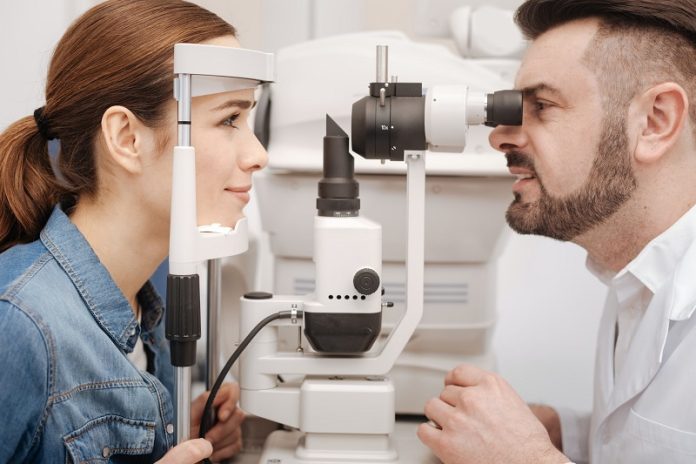
Scientists from Erasmus MC University Medical Center and elsewhere found MIND diet may reduce the risk of vision loss caused by a common eye disease.
Open-angle glaucoma is a type of eye disease that causes damage to the optic nerve, which connects the eye to the brain.
It is a chronic condition that tends to develop slowly over time and can lead to vision loss or blindness if left untreated.
The cause of open-angle glaucoma is not entirely understood, but it is believed to be related to a buildup of pressure in the eye.
Open-angle glaucoma is the most common form of glaucoma and is typically diagnosed during a routine eye exam.
The symptoms of open-angle glaucoma may not be noticeable in the early stages of the disease, which is why regular eye exams are important.
As the disease progresses, symptoms may include loss of peripheral vision, difficulty adjusting to low light, and eventually, tunnel vision or complete blindness.
In the study, the researchers wanted to see if there was a connection between following a certain type of diet and the risk of developing open-angle glaucoma (iOAG).
They looked at three different diets: the Mediterranean-DASH Intervention for Neurodegenerative Delay (MIND) diet, the Mediterranean diet, and the Dutch dietary guidelines.
The researchers followed a group of people in the Netherlands for many years, starting in 1991. During this time, 170 people developed iOAG.
The researchers compared these people to healthy people who did not develop iOAG, and made sure that the groups were similar in terms of age and sex.
The researchers looked at the diets of the people in the study and analyzed whether there was a connection between how closely they followed each of the three diets and their risk of developing iOAG.
They found that people who followed the MIND diet more closely were less likely to develop iOAG compared to those who followed it less closely.
In contrast, there was no significant connection between following the Mediterranean diet or Dutch dietary guidelines and the risk of developing iOAG.
The researchers also looked at whether following these diets affected intraocular pressure (IOP), which is a risk factor for iOAG. They found that none of the diets had a significant effect on IOP.
The researchers concluded that following the MIND diet may be helpful in preventing iOAG, even if someone does not have high intraocular pressure.
Specifically, they found that eating more green leafy vegetables, berries, and fish may be protective against iOAG.
The research was published in the European Journal of Nutrition and was conducted by Joëlle E Vergroesen et al.
Copyright © 2023 Scientific Diet. All rights reserved.








